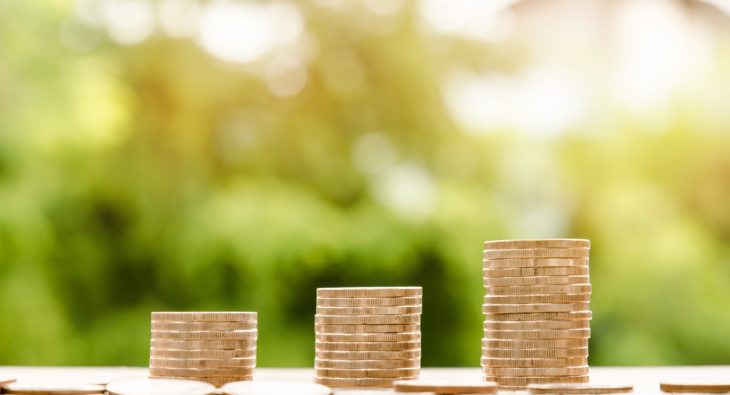Best practices for recovering from bankruptcy
The period following bankruptcy can be one of mixed emotions: relief of having the weight of extreme debt taken off your shoulders, yet knowing the uphill battle that is required to keep solid financial footing.
The most important thing to do following bankruptcy is remember why you did it. Keeping your motivation in mind will help you to stay on the right track towards financial stability and improved credit.
Keep up with bills
With newfound financial freedom, comes relearning financial responsibility. Make it a point to always stay on top of bills and avoid the burden of unnecessary late fees and penalties. Simply paying your mortgage on time can even help improve your credit over time.
Limit Spending
While frivolous spending isn’t always the cause for those who ultimately choose the bankruptcy route, it is important following bankruptcy to adjust to a more modest lifestyle. Often times bankruptcy does not get rid of all of one’s debt, therefore they still end up responsible for repaying certain debts even after other debts have been discharged. Limiting regular spending can help to allocate enough funds to make regular payments to the residing debt.
Build Up Savings
Begin to build up a savings account to act as a safety net in the event that an unexpected financial setback may arise. Contributing little by little to a savings account will slowly strengthen your financial stability and as well as your confidence that if hardship were to occur, it wouldn’t mean financial ruin.
Build Credit
The most important thing, yet also the most frightening thing following bankruptcy, is working to build credit. After bankruptcy, your credit will have taken a dramatic hit due to the bankruptcy filing. Additionally, the filing itself stays on your credit report for up to ten years. During this time, it’s crucial that you work to improve your credit so that you’re eligible for credit cards, auto loans, or home mortgages in the future. However, racking up debt to improve your credit is not ideal either. Getting a credit card can be a great way to raise your credit score, however following bankruptcy, credit card companies will likely impart high interest rates and fees. The bottom line in building credit is being responsible and limiting credit to no more than what you can afford.
Recovering from bankruptcy is possible, and should be seen as a period of opportunity to begin a life free of crippling debt. If you’re considering bankruptcy, it’s best to discuss your options as well as pros and cons with an experienced bankruptcy attorney. To schedule a consultation with our team, contact our office at (702) 998-1188, info@ljlawlv.com, or by scheduling a consultation online.
For additional resources on bankruptcy and related topics, check out our Bankruptcy Blog and Bankruptcy TV playlist on Youtube.

